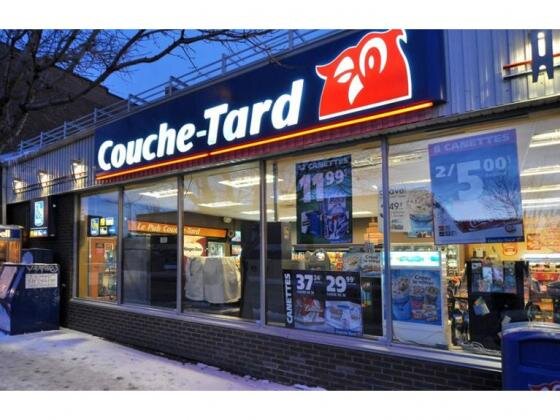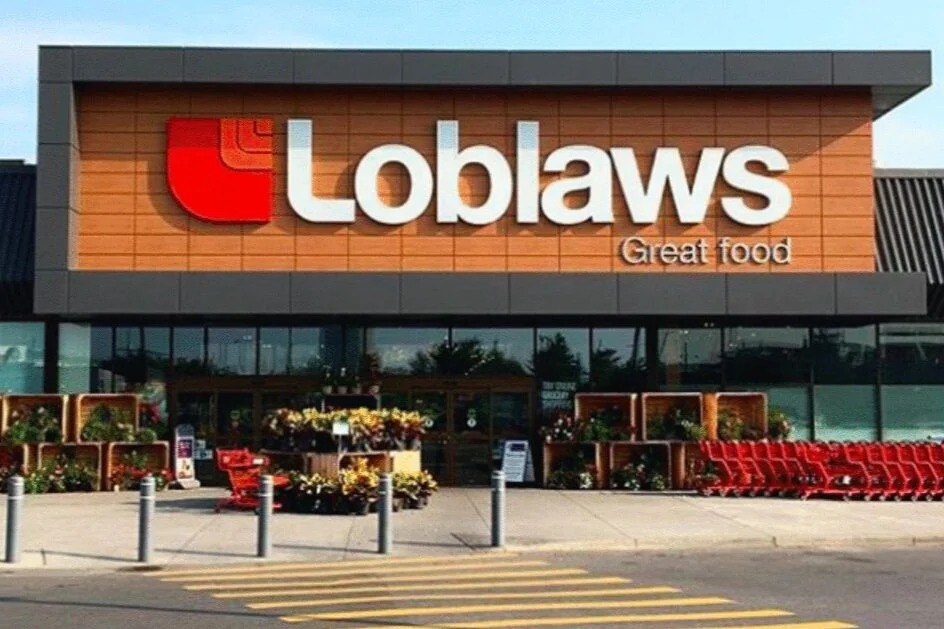Canada's Couche-Tard Aims to Dominate Global Convenience Store Retail: Expert
/photo: couche-tard
By Sylvain Charlebois
You have two types of convenience stores these days. You either have the mom-and-pop stores, often operated by local people or newcomers seeking a better life in their adopted country. You also have stores which are part of enormous multinational conglomerates, which streamline operations by supporting thousands of outlets. That is where Alimentation Couche-Tard comes in.
Taking over the world, one convenience store at a time, was Couche-Tard’s plan since day one. Most Canadians wouldn’t know that Couche-Tard is one of the world’s largest convenience store chains. Only Japanese-American international chain 7-Eleven Inc. is bigger. Couche-Tard has 16,000 stores, 133,000 employees, and generates almost $60 billion in revenues. Most of the stores are in North America and Europe, and include well-known brands like Circle K locally, Kangaroo, and Topaz in Europe. The company’s aim is to double in size in 5 years, and it intends to start by acquiring Caltex Australia, in the Land Down Under. Caltex has about 2,000 stores in its network across Australia. Couche-Tard’s bid is worth almost $8 billion, its largest ever. After years of growth through acquisition, a deal in that region of the world would be Couche-Tard’s final crowning glory.
Convenience stores aren’t necessarily the most glamorous sector you can find as an investor, but Alimentation Couche-Tard is a true Canadian success story. It has made 60 acquisitions – 60! – since 2004. Management has developed the ability to find good deals and seamlessly integrate newly-acquired stores into its network. The company has grown organically by capitalizing on assets of acquired brands. This is no small feat, but the network has gotten too big and now needs to look elsewhere.
photo: caltex
Caltex is an interesting target for Couche-Tard, which is known for its focus on high-quality food products. A convenience store is where most of us will buy gas, snacks, or staple goods that we’ve run out of and are willing to pay a ridiculous premium for. Not for Couche-Tard. The focus has always been to convert fuel dollars and foot traffic into food sales. Caltex recently partnered with giant Australian Grocer Woolworth’s to enhance its food offering. Couche-Tard can certainly learn a thing or two about working with a grocer to get fresh – if perishable – food to several points of sale.
Couche-Tard, always looking for the next opportunity, wants to expand its network to Australia and Asia, simply because it can. The offer to buy Caltrex is subject to several conditions, including due diligence, financing, Foreign Investment Review Board approval, and a unanimous recommendation by the Caltex board. But several analysts believe a deal is quite possible and feasible in the coming weeks.
The mastermind behind Couche-Tard’s success is Alain Bouchard, a self-made billionaire. He is now the 11th richest person in Canada, with a net worth of over $4 billion. He is worth more than Stephen Jarislowsky and Charles Bronfman, combined. He did it simply by buying convenience stores. During his experience operating convenience stores at a very young age, he saw the potential of leveraging retail by providing more convenience ahead of his competitors. His approach wasn’t to manage the sale of cigarettes, alcohol, gasoline or even food in isolation. For Bouchard, it was about building synergies between major components of convenience store retailing, and he did that better than anyone else.
photo: circle k
He also undertook simple, but transformational changes which affected grocery retailing. A store that was open 24 hours a day was almost unheard of thirty years ago, and grocery chains in turn felt the pressure to open longer hours. Food quality was not great in convenience stores, but Bouchard ensured it was good enough to make his convenience stores a legitimate contender for grocery chains. He took food retailing more seriously than any other convenience chains at the time.
And now, Couche-Tard wants to be a key player in the cannabis sector. It’s looking at buying Cannabis NB, which could be a good experimental lab for the company as it tries to expand its cannabis business across the globe. Selling alcohol in convenience stores has been common practice in Quebec for years, and the company has done well in that area. As other provinces are catching up to Quebec, Bouchard’s network is poised to do even better by complementing its offering with cannabis, especially when regulations in the market here and in the United States evolve. Australia and New Zealand are other places where cannabis could become legal in the future, which makes the Caltrex deal even more interesting.
Alimentation Couche-Tard did well over several decades because it saw no limits. Consumers are pressed for time these days, and the company will always be there to cash in on this, a situation that isn’t going to go away anytime soon.
Dr. Sylvain Charlebois is Dean of the Faculty of Management at Dalhousie University in Halifax. Also at Dalhousie, he is Professor in food distribution and policy in the Faculty of Agriculture. His current research interest lies in the broad area of food distribution, security and safety, and has published four books and many peer-reviewed journal articles in several publications. His research has been featured in a number of newspapers, including The Economist, the New York Times, the Boston Globe, the Wall Street Journal, Foreign Affairs, the Globe & Mail, the National Post and the Toronto Star. Follow him on twitter @scharleb.




















![Retail-insider-NRIG-banner-300-x-300-V01-3[2].jpg](https://images.squarespace-cdn.com/content/v1/529fc0c0e4b088b079c3fb6d/1593476525034-QRWBY8JUPUYFUKJD2X9Z/Retail-insider-NRIG-banner-300-x-300-V01-3%5B2%5D.jpg)
![Retail-insider-NRIG-banner-300-x-300-V01-2[2].jpg](https://images.squarespace-cdn.com/content/v1/529fc0c0e4b088b079c3fb6d/1593476491497-W6OZKVGCJATXESC9EZ0O/Retail-insider-NRIG-banner-300-x-300-V01-2%5B2%5D.jpg)
![Retail-insider-NRIG-banner-300-x-300-V01-4[2].jpg](https://images.squarespace-cdn.com/content/v1/529fc0c0e4b088b079c3fb6d/1593476508900-TJG5SNQ294YNOCK6X8OW/Retail-insider-NRIG-banner-300-x-300-V01-4%5B2%5D.jpg)